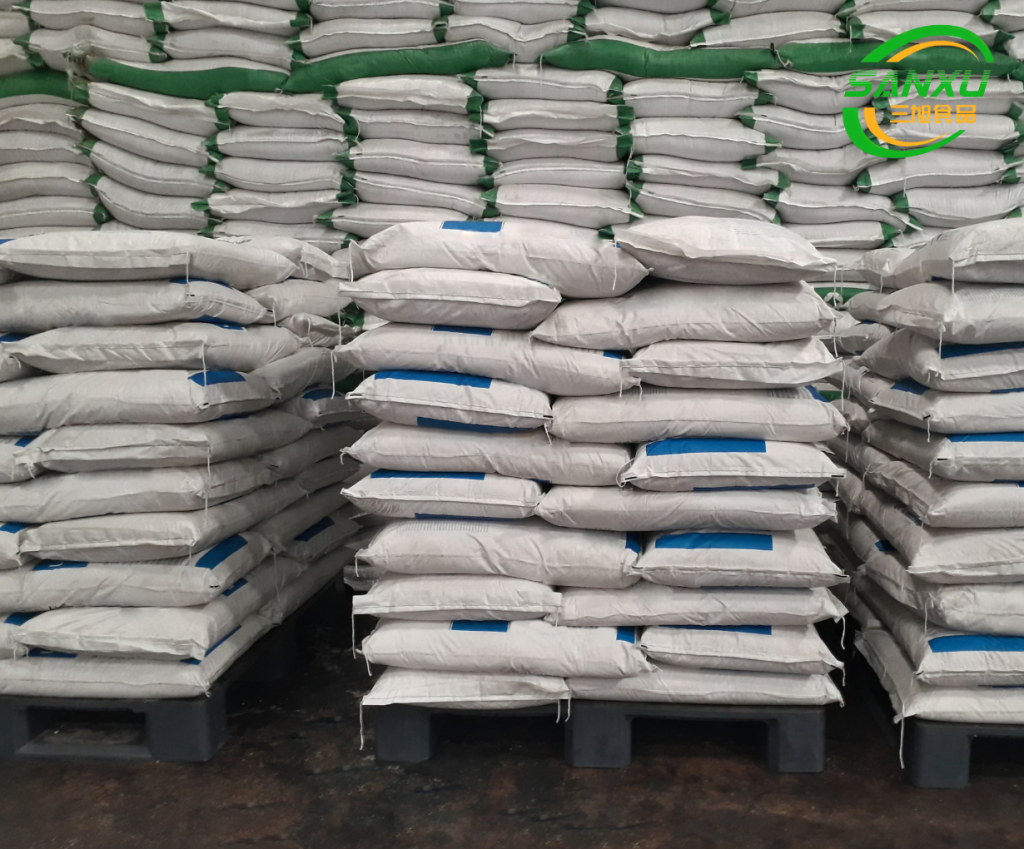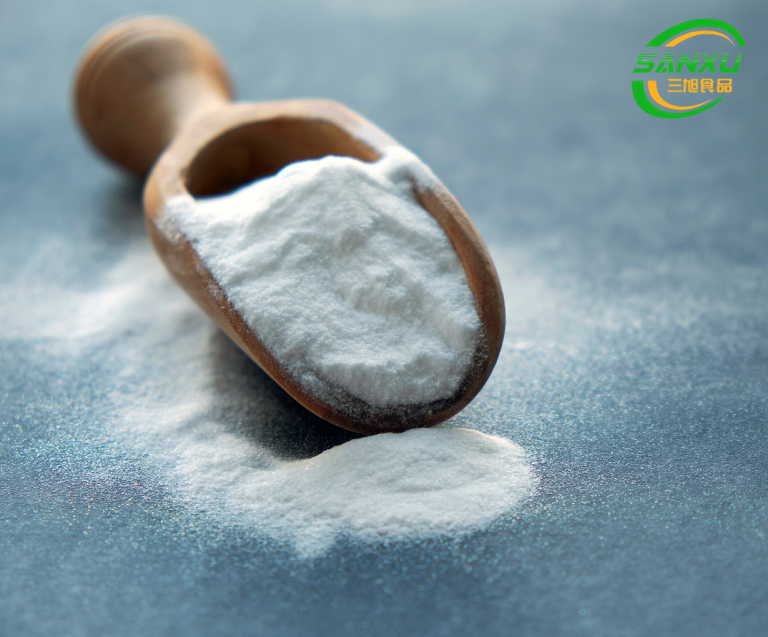Whatsapp:+8613375668511 Email: [email protected]
What is the function of calcium propionate?
Calcium propionate serves several functions in various applications, particularly in the food industry.

Here are the primary functions of calcium propionate:
- Preservative: Its most common use is as a preservative to inhibit the growth of mold and certain bacteria, which helps extend the shelf life of food products.
- Dough Conditioner: In bread and baked goods, calcium propionate can act as a dough conditioner, improving the texture and workability of the dough.
- pH Stabilizer: It can help maintain a stable pH level in food products, which is important for the activity of certain enzymes and the overall quality of the product.
- Flavor Enhancer: In some cases, calcium propionate can contribute to the enhancement of the flavor profile in foods, particularly in cheese and other fermented products.
- Nutrient Supplement: As a source of calcium, it can be used to fortify foods with this essential mineral, which is important for bone health and other bodily functions.
- Emulsifier: Calcium propionate can act as an emulsifier, helping to mix ingredients that do not normally mix well, such as oil and water.
- Antioxidant: It may have some antioxidant properties, which can help protect food products from oxidative spoilage.
- Yeast Fermentation Control: In the production of certain fermented foods, calcium propionate can be used to control the rate of yeast fermentation.
- Starch Retrogradation Inhibitor: It can help prevent the staling of starch in baked goods by inhibiting the retrogradation of starch, maintaining the product’s freshness and texture.
- Animal Feed Additive: In animal nutrition, calcium propionate is used as a preservative to prevent mold growth in feed and as a source of calcium for the animals’ dietary needs.
It’s important to note that the use of calcium propionate should always be in accordance with the regulations and guidelines set by food safety authorities to ensure the safety and quality of food products.




